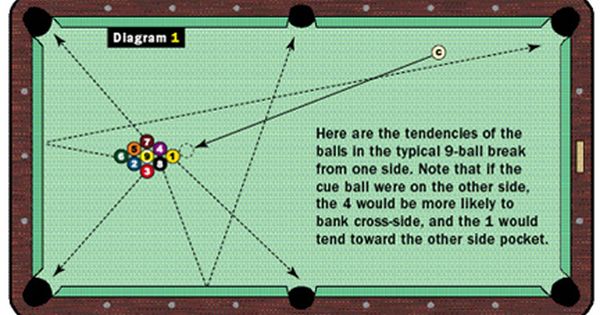
Pool balls are used in billiard games. Although they can be made from many different materials, most pool balls are made from phenolic resin. Phenolic Resin is a mixture formaldehyde-phenol. These two compounds can be trusted for their strength and resistance to scratches. This mixture is also highly resistant to heat. The resin will fade and turn yellow if it is exposed to sunlight.
Wooden was used for the first pool balls. These balls were strong, but they became crackly with age. Leo Baekeland, an engineer and chemist created a new type of plastic that was non-flammable in the 19th century. This new material was quickly called bakelite. It soon replaced wood for the manufacture of pool balls.
It was expensive to create pool balls. The process of creating the balls was tedious. You could also cut a ball in half if you wanted to know what inside. Ultimately, the balls had to be molded under high pressures.

After the development of the first form of bakelite, other inventors began exploring chemical substances for making pool balls. These innovations are considered to be pioneering in the field of synthetic plastics.
While phenolic resin is an excellent choice for pool balls, the price is higher than its polyester counterpart. The polyester alternative may be the best option for you if you don’t have the budget to spend on pool balls. The polyester alternative will not keep its color as long as phenolic.
The process of making a phenolic phenolic resin ball takes around 23 days. Every step of the manufacturing process is thoroughly checked to make sure that it is free from impurities. Also, phenolic resin balls can store in lower temperatures than polyester balls. They are more durable, last longer and are thus more long-lasting.
Aramith is one the leading manufacturers of phenolic resin pool ball. The balls made from phenolic resin are durable and will retain their shine for up 40 years. They are also cheaper than polyester balls. Aramith Premier has superior resin technology, and should be considered by those who wish to upgrade to a better set of balls.

Iszy is another pool ball manufacturer that uses both phenolic resin and polyester resin. These pool balls cost less than phenolic ones, but don't retain their shine as well. Polyester balls are also more likely to fade and create burn spots on your table. Nonetheless, they are still a good option for beginners.
One more manufacturer is Predator Arcos, which uses a proprietary chemical compound to create a number of phenolic resin balls. In addition, these balls are through-hardened, so they are more dense. The Iszy marble swirl set is for those who wish to spend less.
Many companies are trying to replicate the ivory-billiard ball experience. However, the ivory material is no longer available. Modern pool balls are made from a combination of formaldehyde and phenolic resin. Today, approximately 85% are phenolic.